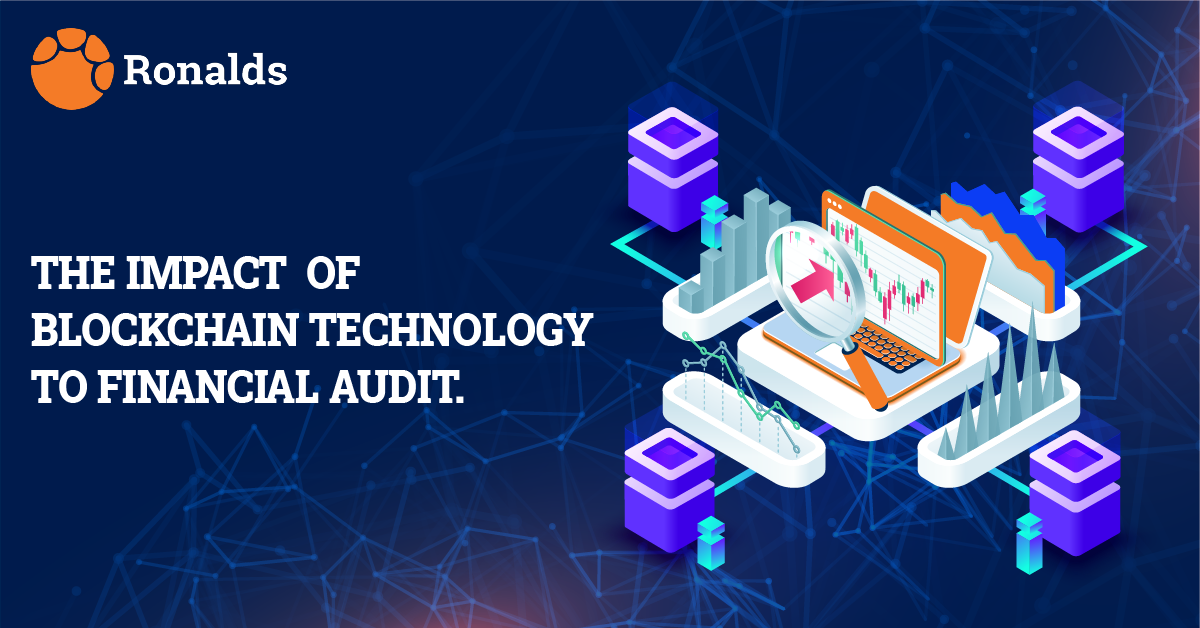Blockchain technology has emerged as a transformative force, revolutionizing industries, enhancing security, and enabling new forms of digital interaction. This article explores the applications, benefits, challenges, and future trends of blockchain technology, highlighting its potential to reshape financial systems, supply chains, and beyond.
Applications of Blockchain Technology
- Cryptocurrencies and Digital Assets: Blockchain underpins cryptocurrencies like Bitcoin and Ethereum, facilitating secure peer-to-peer transactions, decentralized finance (DeFi) applications, and enabling financial inclusion globally.
- Supply Chain Management: Blockchain enhances transparency and traceability across supply chains, enabling real-time tracking of goods, verifying authenticity, and reducing fraud in logistics and product provenance.
Benefits of Blockchain Technology
- Enhanced Security and Data Integrity: Blockchain’s decentralized ledger system ensures tamper-resistant records, cryptographic verification, and immutability of transactions, reducing risks of fraud, data manipulation, and enhancing data privacy.
- Efficiency and Cost Savings: Smart contracts automate contractual agreements, enforce terms programmatically, and streamline business processes, reducing administrative costs and eliminating intermediaries in transactions.
Challenges and Considerations
- Scalability and Performance: Scaling blockchain networks to handle large transaction volumes without compromising speed or efficiency remains a challenge, requiring advancements in consensus algorithms and network infrastructure.
- Regulatory Compliance: Addressing regulatory uncertainties, compliance requirements, and legal frameworks across jurisdictions is essential for blockchain adoption in finance, healthcare, and other regulated industries.
Impact on Industries
- Finance and Banking: Blockchain disrupts traditional banking with faster cross-border payments, tokenization of assets, and decentralized lending platforms, offering financial services to underserved populations and transforming asset management.
- Healthcare: Blockchain secures medical records, ensures patient data privacy, and facilitates interoperability among healthcare providers, enhancing data sharing for medical research, clinical trials, and patient care outcomes.
Future Trends in Blockchain Technology
- Interoperability and Scalable Solutions: Interoperable blockchain platforms and Layer 2 scaling solutions improve network interoperability, enhance transaction throughput, and support diverse use cases across industries.
- Integration with Emerging Technologies: Blockchain integrates with AI, IoT, and edge computing to create autonomous ecosystems, enabling smart contracts, real-time data sharing, and automated supply chain management.
Conclusion
Blockchain technology continues to evolve as a cornerstone of digital innovation, offering secure, transparent, and decentralized solutions across industries. As blockchain adoption expands, addressing scalability challenges, regulatory frameworks, and fostering industry collaboration are essential for maximizing its transformative potential. By embracing blockchain’s capabilities, businesses, governments, and individuals can drive efficiency, transparency, and trust in digital interactions, paving the way for a decentralized future where blockchain shapes economies, governance, and global connectivity.





+ There are no comments
Add yours